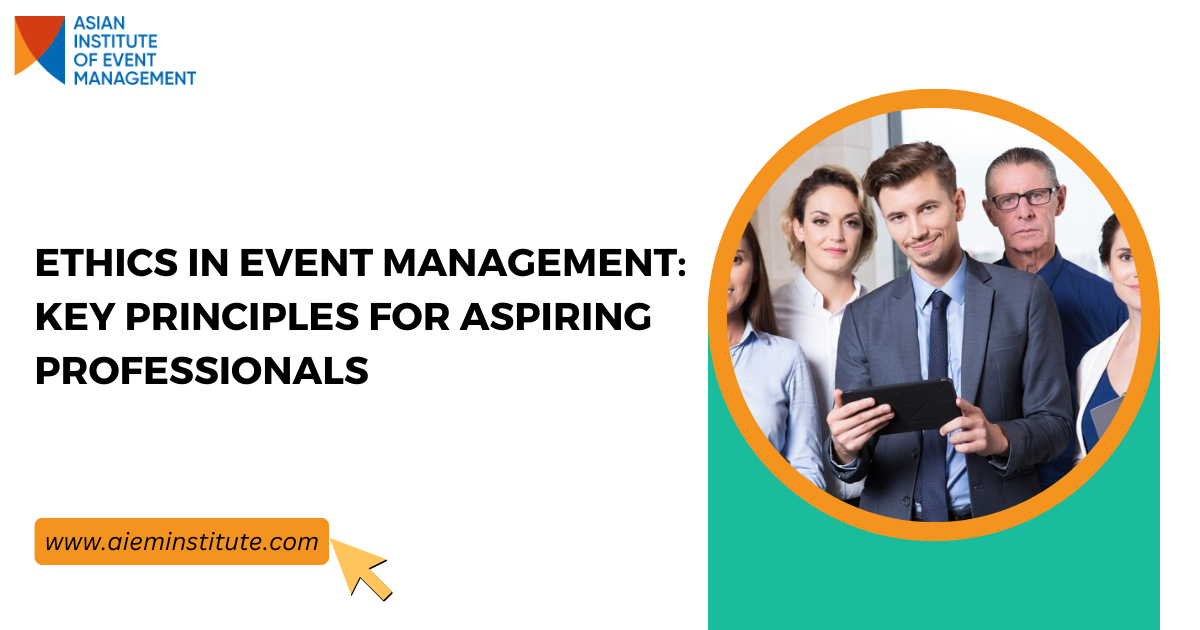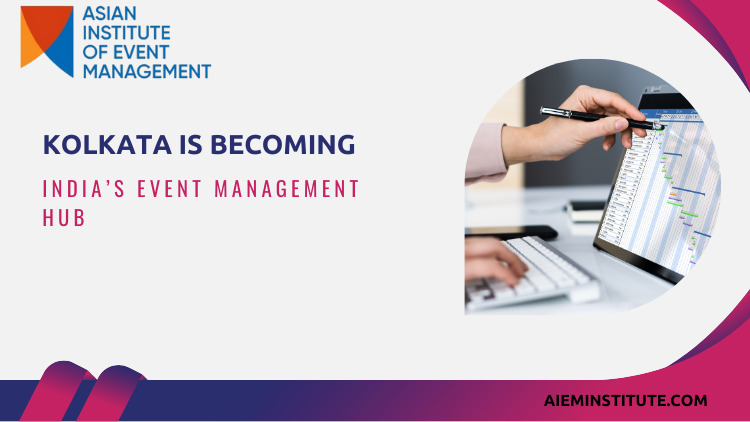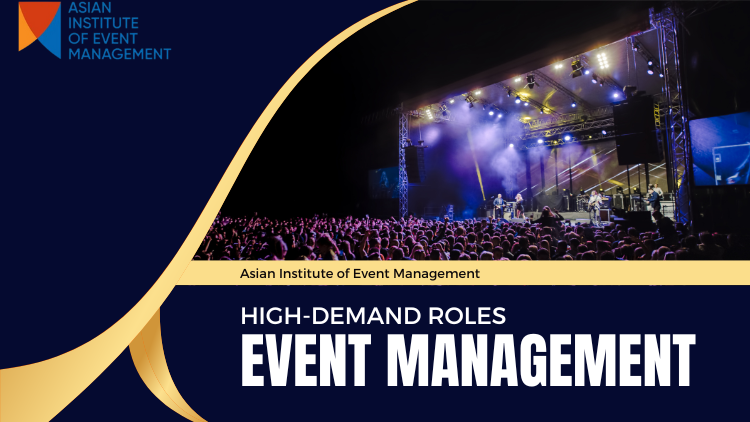
Ethics in Event Management: Key Principles for Aspiring Professionals
June 30, 2024
Events built on ethical choices earn trust and respect over time. In event planning, integrity should not be an afterthought but a guiding compass.
Understanding core values now prepares aspiring leaders to steer this industry toward a brighter future.
Here are some foundational ethical practices every event management professional must align with:
Building Trust through Transparency
Transparency around budgets, obligations, and expectations builds trust between planners, clients, and vendors.
Proactively clarifying details in writing prevents misunderstandings down the road.
For example, providing clients with an itemized estimate of all costs rather than springing surprise expenses post-event often leads to lasting partnerships.
Ethics sometimes means having difficult but necessary conversations early.
Establishing open communication and visibility at the start allows relationships to thrive, thanks to mutual understanding.
Ensuring Participant Safety
Attendee safety is the number one priority behind all event decisions.
Comprehensive risk assessments shape robust emergency plans addressing scenarios from medical calls to dangerous weather.
Regularly training staff on protocols and coordinating with first responders ensures rapid response for larger gatherings.
Seamless execution of safety procedures maintains event integrity even in uncertain times.
Committing to Environmental Sustainability
Adopting sustainable practices reduces the environmental footprint of events while setting a standard for the future.
Strategies like digital ticketing, locally sourced menus, and comprehensive onsite recycling plans make progress tangible.
Events built on green choices send a powerful message – large gatherings can prioritize sustainability without sacrificing success. Even incremental changes collectively make waves.
Creating Inclusive Events
Inclusivity ensures events welcome all backgrounds and abilities to fully participate.
Providing wheelchair access, diverse cuisine options, multi-language signage, and more highlights this commitment in action.
Programming that reflects community diversity also enriches the experience.
Thoughtful inclusion fosters belonging and makes space for more voices.
The rewards are deeper connections and empowerment.
Upholding Data Privacy
Managing personal data ethically maintains trust in an increasingly connected world.
Encrypting systems, limiting access, and transparency around usage reassure attendees and sponsors that data is secure.
Clearly communicating data handling protocols also shows accountability.
Following regulations like GDPR is non-negotiable.
However, data integrity builds a reputation over time. Handled carefully, information can connect events and the community.
Final Thoughts
Ethical integrity is the north star, guiding event managers through complex decisions.
Training programs at institutes like the Asian Institute of Event Management integrate ethical practices into the event management foundation, preparing students to lead with their moral compass intact.
The next generation redefines industry expectations by internalizing principles of trust and community.
Remember, the events you coordinate don't just gather people together – they set precedents with rippling positive impacts. So, with ethics at the forefront, ordinary occasions transform into extraordinary gatherings underlined by vision and moral courage.
RECENT POSTS
-

Navigating the Curriculum: Key Modules and Skills in an 11-Month Event Management Diploma
March 21, 2025
-

Maximizing Career Opportunities with an 11-Month Diploma in Event Management
February 20, 2025
-

Why Kolkata is Becoming India’s Event Management Hub
February 17, 2025
-

Top 5 High-Demand Roles in Event Management
February 12, 2025
-

What Elements Should Be Considered When Selecting the Best Event Management Institute?
January 6, 2025